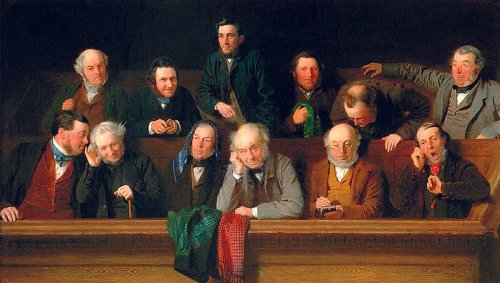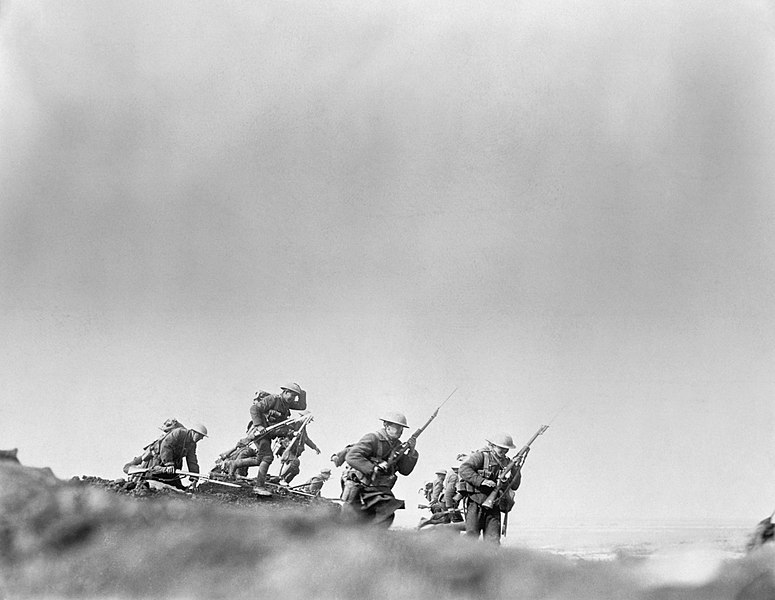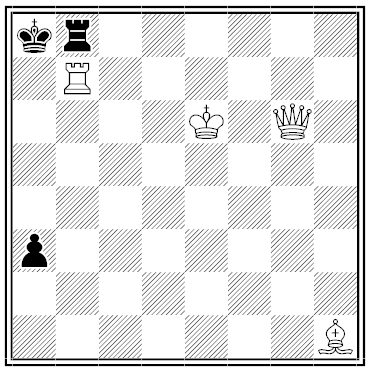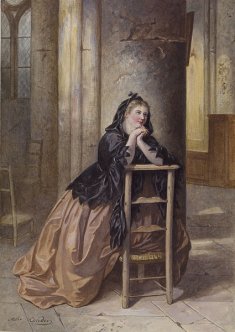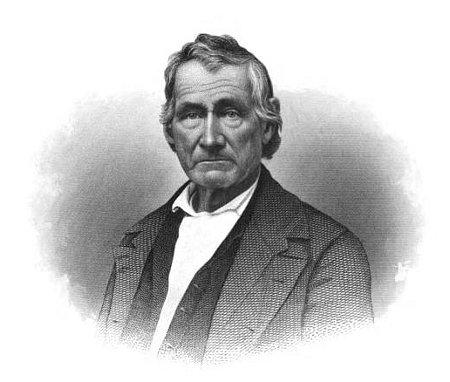
On the first day of fighting at Gettysburg, an old man in a swallowtail coat and a high black silk hat presented himself to a Union officer, volunteering to fight. When asked if he could shoot, he said, “If you knew that you had before you a soldier of the War of 1812 who fought at Lundy’s Lane, you would not ask such a question.”
It was the town constable, John L. Burns, born in 1793 and now nearly 70. He exchanged his ancient musket for a modern rifle and joined the 7th Wisconsin volunteers, with whom he distinguished himself as a sharpshooter throughout the battle. “He was as calm and collected as as any veteran on the ground,” remembered Sgt. George Eustice. “He was true blue and grit to the backbone, and fought until he was three times wounded.”
After the war he was hailed as the “hero of Gettysburg” and visited by tourists, veterans, and dignitaries, and he even met Lincoln at the dedication of the National Cemetery. He died in 1872 at age 78.


